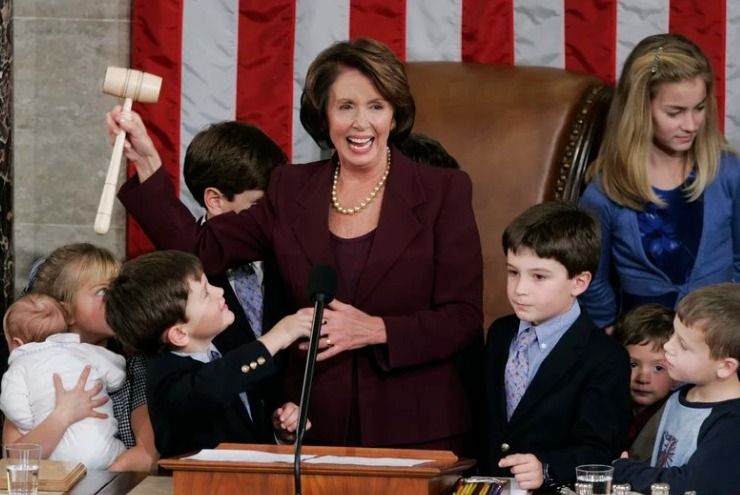Campaign of Former House Speaker Nancy Pelosi’s campaign has paid an Illinois resident $7,500 for TCPA Violations

Former House Speaker Nancy Pelosi’s campaign has paid an Illinois resident $7,500 in a settlement after the man sued the California Democrat for repeatedly sending unsolicited fundraising texts. The incident sheds light on the importance of adhering to laws regulating unsolicited text messages and calls and respecting citizens' privacy.

The Telephone Consumer Protection Act of 1991 prohibits telemarketers from contacting US residents listed on the Do Not Call Registry. This law was intended to prevent unwanted robocalls but also applies to text messages. In this case, Jorge Rojas had been on the Do Not Call Registry since 2008 to avoid “invasive and harassing telemarketing calls.”
Rojas sued the Pelosi campaign in October, citing the Telephone Consumer Protection Act of 1991, after receiving 21 unsolicited fundraising texts between November 2021 and July 2022. The lawsuit claimed that Pelosi’s campaign had demonstrated a “malicious, intentional, willful, reckless, wanton and negligent disregard” for Rojas’ rights.

The settlement highlights the importance of respecting citizens’ privacy. Individuals and organizations should take the necessary steps to ensure compliance with laws and regulations governing unsolicited calls and text messages. In particular, political campaigns should be mindful of the impact of their actions, as they have the potential to erode trust in democratic processes and institutions.

This settlement could also have broader implications for political campaigns and fundraising efforts. Political campaigns rely heavily on fundraising to support their activities, and text messaging has become a popular method of soliciting donations. However, as demonstrated by this case, campaigns need to ensure that they comply with laws and regulations governing unsolicited text messages.

In conclusion, the settlement between Rojas and Pelosi’s campaign highlights the importance of respecting citizens' privacy and the need to adhere to laws and regulations governing unsolicited calls and text messages. It serves as a reminder that political campaigns need to be vigilant in their fundraising efforts and mindful of their actions impact on citizens.


